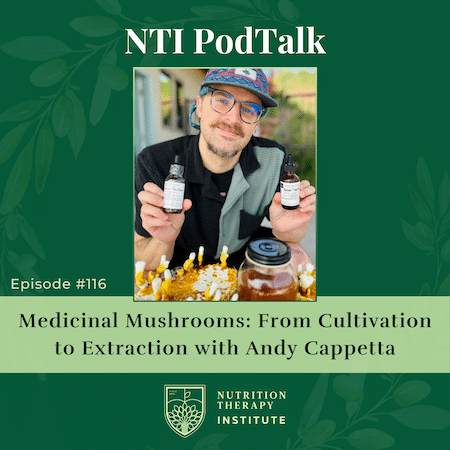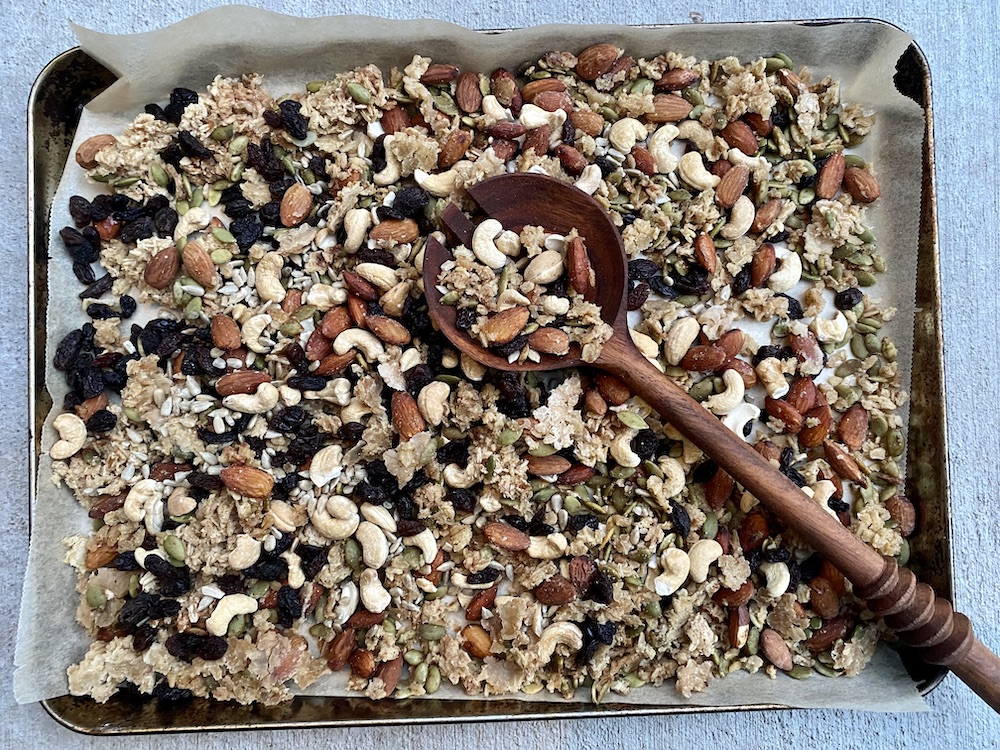
Share this post!
Earlier this year, a California judge ruled that coffee sellers would need to post warnings that coffee contains a substance known to cause cancer. The cancer-causing substance of concern was acrylamide—a byproduct of roasting coffee beans.
Now, less than 3 months after the ruling, California’s Office of Environmental Health Hazard Assessment (OEHHA) states that acrylamide poses no significant cancer risk. The OEHHA has proposed a new regulation that would not require coffee sellers to post any warnings of risk.
What is going on?!? To bring some clarity to the confusion over coffee and cancer, we have synthesized 5 things you need to know.
Many Foods Contain Acrylamide
The California judge who ruled in favor of warnings in coffee shops was concerned about acrylamide. Acrylamide is a chemical that is present in cigarette smoke and occurs in some foods. Acrylamide naturally forms when starchy foods are exposed to high temperatures—like when baking, roasting, or frying. The chemical reaction that creates acrylamide involves the interaction of amino acids and sugars, in a process called the Maillard Reaction.
Common foods that contain acrylamide include French fries, potato chips, crackers, bread, cereals, dried fruits, prune juice, and (of course) coffee. Raw foods, dairy, meat, and fish generally do not contain acrylamide (or only in tiny amounts). The Grocery Manufacturers Association estimates that 40% of all calories consumed in the average American diet contain acrylamide.
Acrylamide is classified as a “probable human carcinogen” because of animal studies that show it causes cancer in large amounts, but studies have found that the amount consumed in a typical diet does not pose a cancer risk to humans. The American Cancer Society states that “there are currently no cancer types for which there is clearly an increased risk related to acrylamide intake.” The recent statement from California’s OHEAA is consistent with the view of the American Cancer Society—that the acrylamide in coffee poses no significant cancer risk.
Coffee has Health Benefits
Americans consume more antioxidants from coffee than from any other source. Oxidative damage plays a role in the development and progression of most chronic diseases, and the polyphenols in coffee scavenge damaging free radicals. The antioxidant effects of coffee may explain why coffee consumption is associated with a lower risk of diabetes, heart disease, some forms of cancer, and even Parkinson’s disease. Most studies show that coffee protects against these chronic conditions at approximately 3 cups per day of caffeinated or decaffeinated coffee.
In addition to the potential long-term benefits of coffee consumption, there are also some immediate perks. Coffee promotes mental alertness and focus. It can help keep you task-oriented or help you stay awake while driving. Coffee also is a natural mood enhancer. A study of more than 50,000 women in the United States found that those who drank 2-3 cups of coffee per day were 15% less likely to develop depression than those who drank less than 1 cup per day.
Coffee is Not for Everyone
If you are prone to mental or emotional stress, coffee may not be for you. Stress triggers your body to ramp up the activity of your sympathetic nervous system (releasing adrenaline) and your adrenal glands (releasing cortisol). These stress hormones are meant to prime your body to respond to immediate threats, but they also increase your blood pressure, make your heart race, and can make you feel jittery or anxious. Caffeine stimulates your body to release the same hormones it produces in response to stress: cortisol and adrenaline. If you are already a stressed-out person, coffee could make the situation worse.
Your genes can also influence your response to coffee. After you drink a cup of coffee, the caffeine is metabolized in your liver by cytochrome P450 enzymes that are coded by the CYP1A2 gene. Some people have a genetic variant of CYP1A2 that makes them metabolize caffeine more slowly. They are called “slow metabolizers” and may feel more edgy or restless after drinking coffee. Some studies suggest that slow metabolizers receive less protection from drinking coffee than fast metabolizers, particularly when it comes to heart disease and cancer.
Some people should avoid drinking coffee because of their age or stage in life. Children and teenagers should be particularly wary of drinking coffee and caffeinated drinks. When teens go to the coffee shop, they often chose a blended, frozen, sugary coffee (topped with whipped cream), which replaces healthier options like water, milk, or fresh juice. Little is known about the long-term effects of adolescent coffee consumption, but we do know that it disrupts sleep, can increase blood pressure, and may increase the risk for tolerance or addiction. Women who are pregnant or breastfeeding might also want to limit their coffee consumption because the caffeine can pass to the baby.
All Coffee is Not Created Equal
Coffee beans may contain one of the highest levels of pesticide residues among any plant foods. A recent report listed 42 different pesticides that are used in growing coffee, some of which have been banned in Europe, Canada, the United States, or even globally. There is some question as to whether or not these pesticides end up in your morning brew. One study found that the high heat of roasting coffee beans eliminated 99.8% of the pesticides on raw coffee beans. Even if pesticides are burned off in the process of roasting and brewing, we should still have a serious concern about the effects of these pesticides on field workers and the environment.
We should also consider what we mix into our coffee. Cream and sugar are routine for many coffee drinkers, but where do the cream and sugar come from? Conventional half-and-half typically comes from cows that have been treated with recombinant bovine growth hormone (rBGH) to increase their milk production. Milk from cows treated with rBGH contains higher levels of a hormone called insulin-like growth factor (IGF-1), which has been linked to an increased risk of cancer in humans. Conventional sugar can be sourced from genetically modified sugar beets, potentially exposing users to a regular dose of GMOs in their daily cup of joe.
The healthiest and most environmentally-friendly way to consume coffee is to choose certified organic and sustainably-grown coffee and then drink it either black or mixed with organic cream. If you like to sweeten your coffee, choose a raw sugar, like turbinado. Or better yet, think about weaning off the sugar all together.
Moderation is Key
Like most things in life (and nutrition), moderation is key. The bulk of the research suggests that caffeine is safe up to 400 mg per day, which is equivalent to about 4 cups of coffee. Most people who consume coffee on a regular basis will drink just 1-2 cups per day. If you are a fast metabolizer, you might enjoy better focus and a better mood with a little more coffee. If you are a slow metabolizer or prone to stress, you might do better to avoid it.
Despite the debate in the California legislature, it is probably safe to say that you do not need to be overly concerned about acrylamide in coffee. Enjoy a cup if you like, balance it out with plenty of water, and get on with your day!
Related Reading…
Coffee is Good for You. Coffee is Bad for You.
Sarah Cook, ND, instructor at the Nutrition Therapy Institute
Image: Image is licensed under CC BY 4.0
Share this post!


















